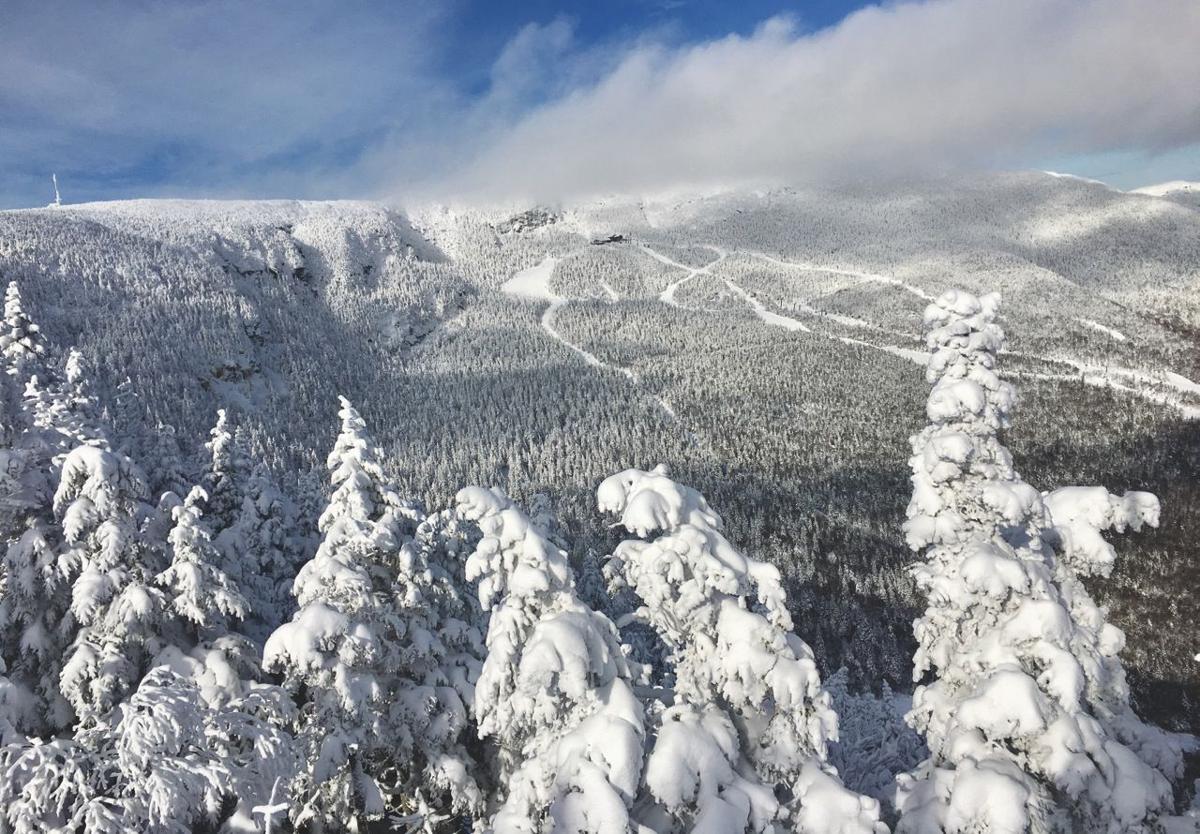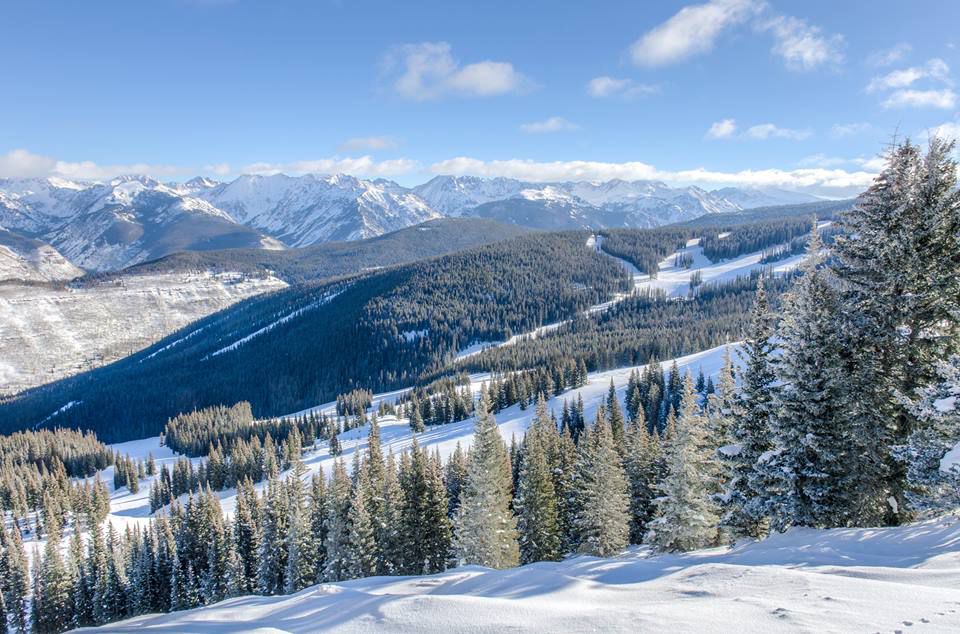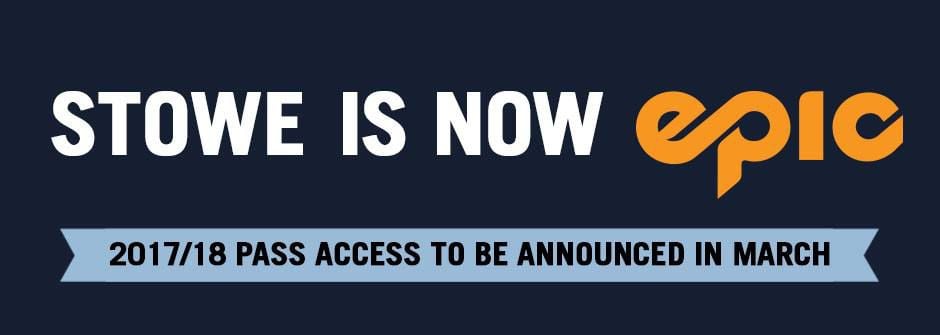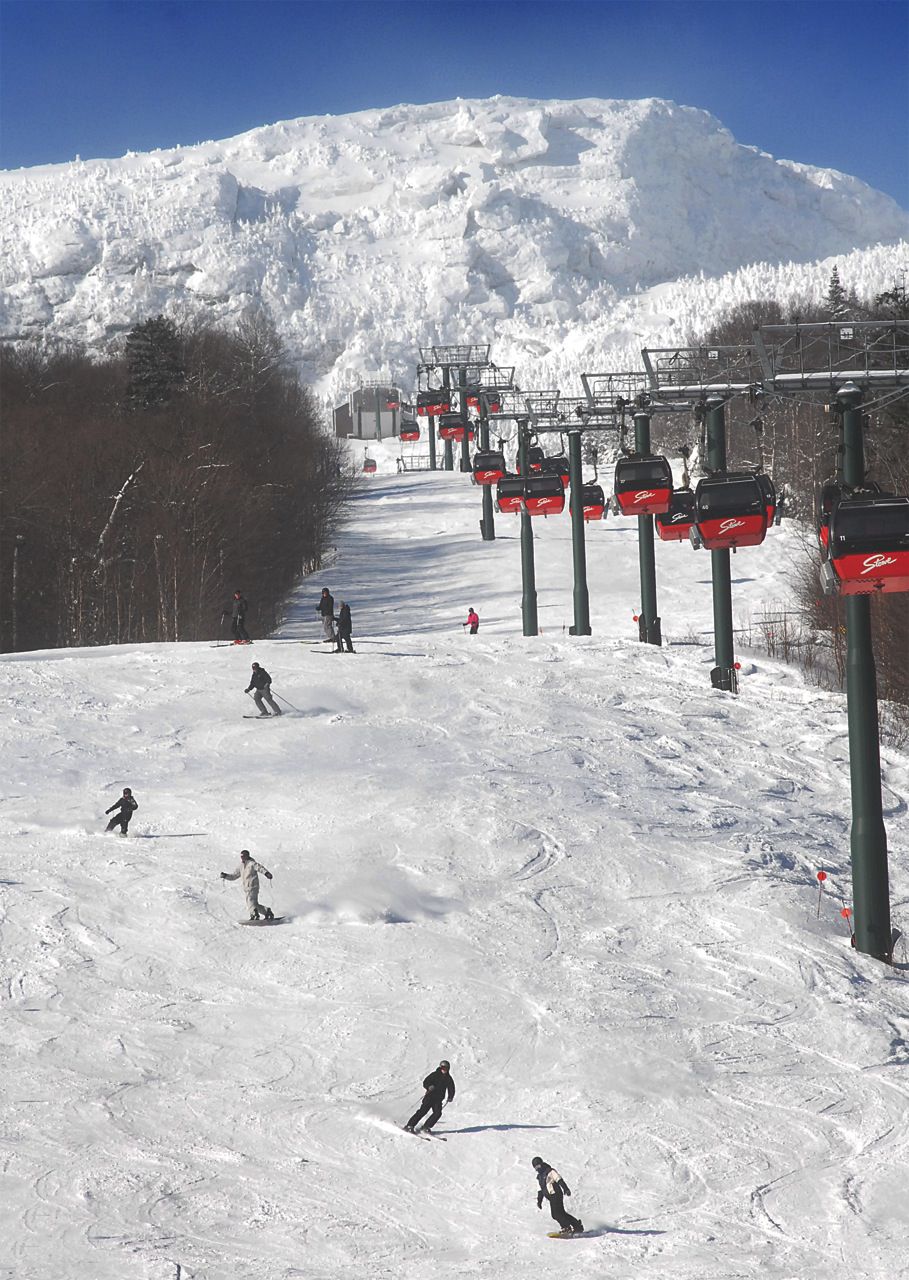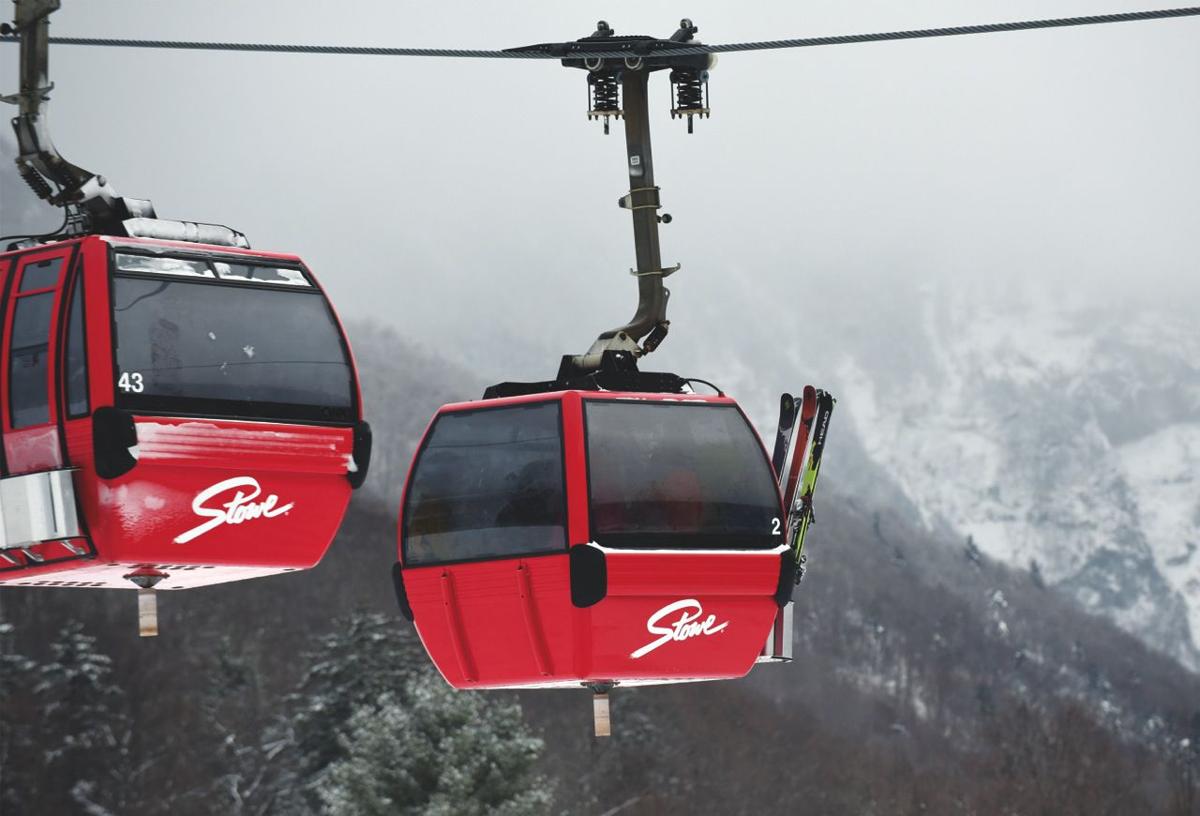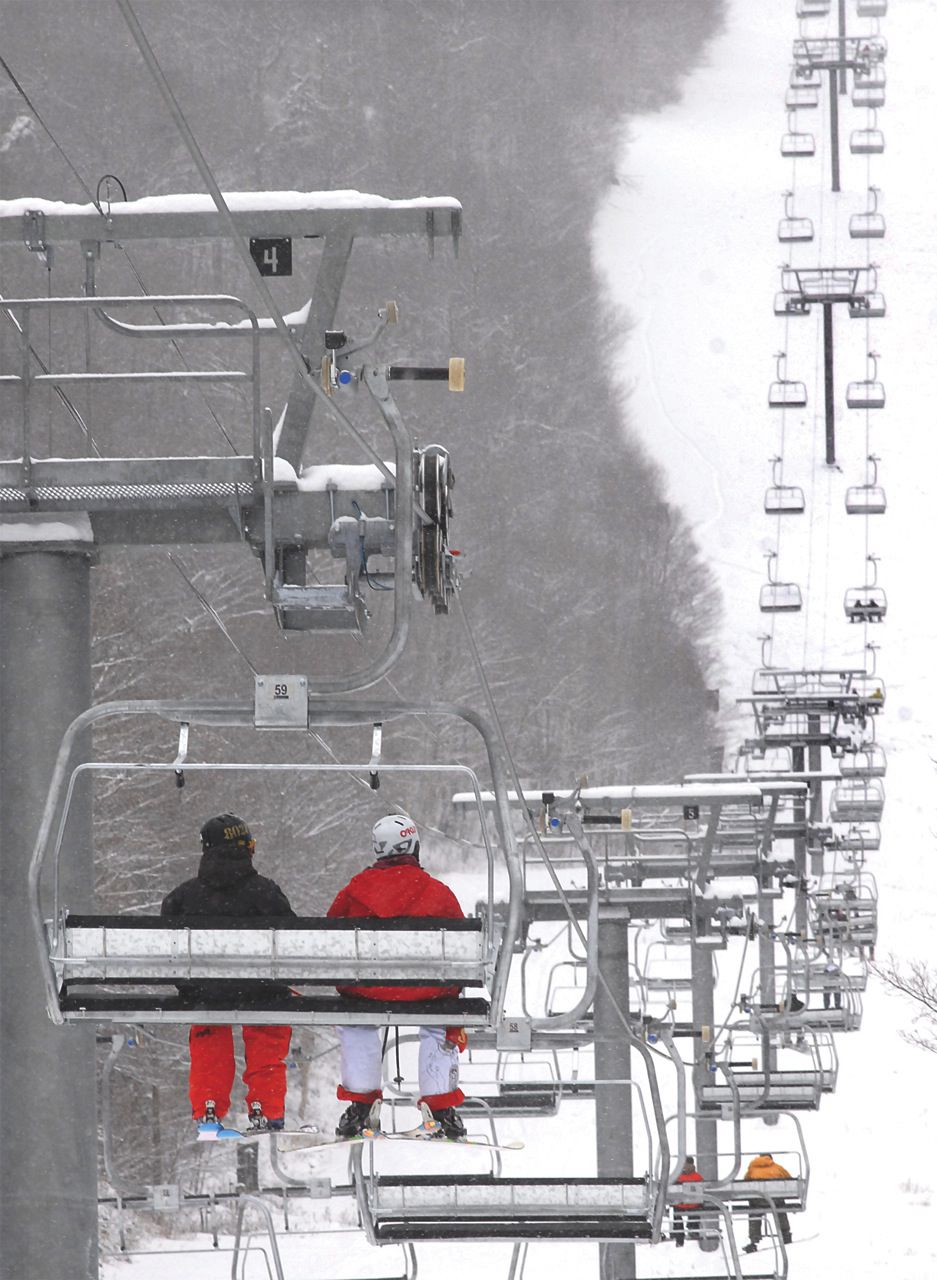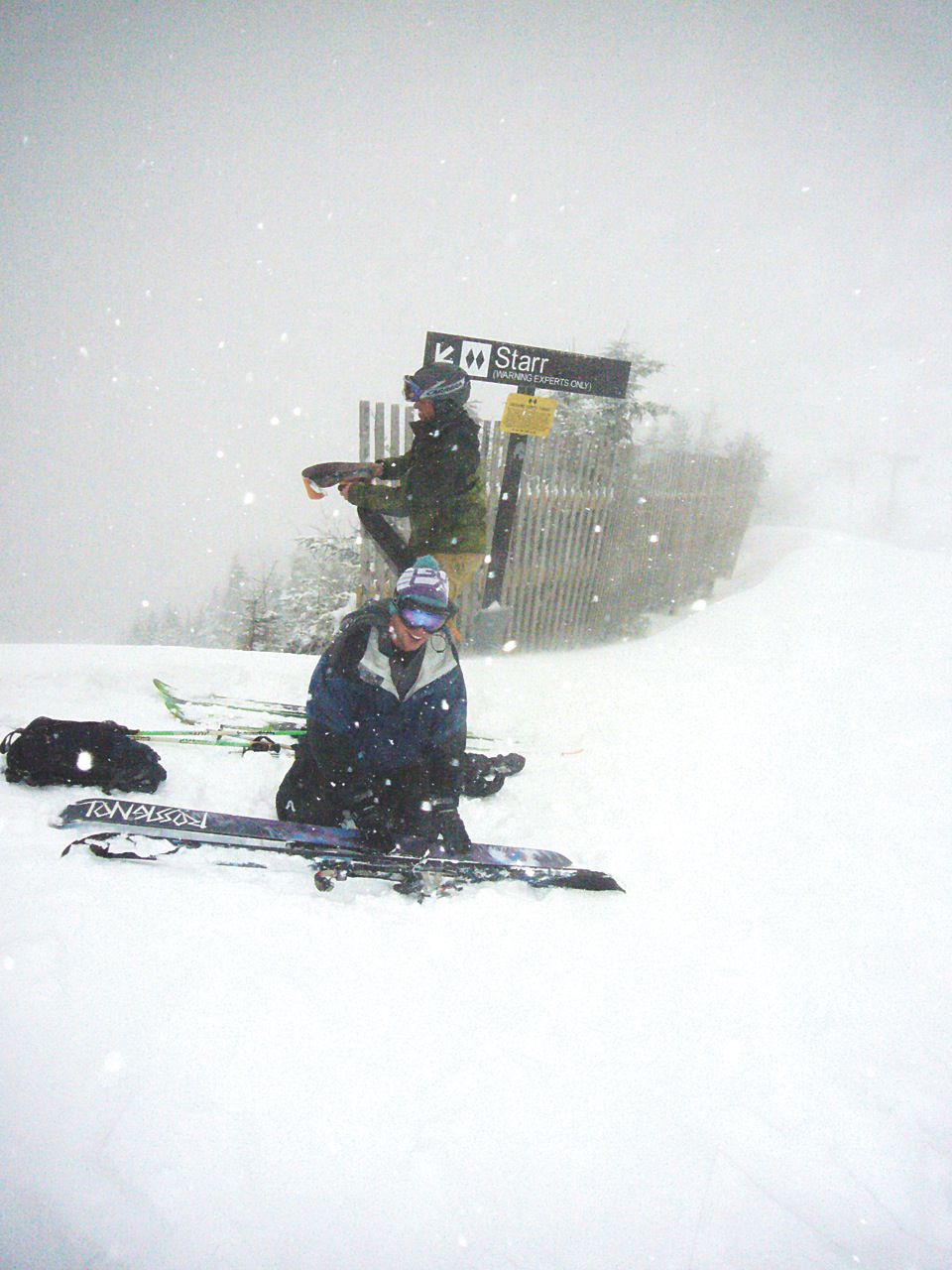When’s the last time you ever saw something go down in price in Stowe? Just wait until next year, when it could cost half as much to ski and ride at Stowe Mountain Resort as it does this season.
Vail Resorts broke a months-long rumor mill wide open Tuesday with the announcement it intends to buy Stowe Mountain Resort from a subsidiary of American International Group. The sale price: $50 million.
In a memo to resort employees, Vail indicated it expects to close on the deal after this current ski season, pending state approval. If approved, Stowe will join 10 well-known destinations owned by Vail Resorts, and is the ski giant’s first East Coast mountain.
Vail’s other resort properties include Beaver Creek and Breckenridge in Colorado, Northstar and Kirkwood in the Lake Tahoe region of California and Nevada, and Park City in Utah, as well as a few others in Wisconsin, Wyoming, Michigan and Australia.
Last year, the firm acquired Whistler Blackcomb in British Columbia for slightly more than $1 billion.
The Vail acquisition would bring Stowe into the Epic Pass family, which will mean huge savings for skiers and riders used to paying Stowe’s prices, among the highest in the nation. An Epic Pass costs about $800, and gives almost unfettered access to all Vail-owned resorts. A full-access Stowe Mountain Resort season pass costs more than double that, although there are lower-priced options.
For its $50 million, Vail will get all the assets related to mountain operations — lifts, snowmaking, maintenance, and the like — as well as base area skier services like food and beverage, retail and rental, ticket office and ski school.
According to a statement from Vail Resorts, AIG, the resort’s longtime owner, will retain its ownership on much of the real estate, such as Stowe Mountain Lodge, Stowe Mountain Club, Stowe Country Club and “certain real estate owned and held for future potential development.”
Keep it special
“We’re thrilled to add Stowe Mountain Resort to our family of world-class mountain resorts,” Rob Katz, chairman and chief executive officer of Vail Resorts, stated Tuesday. “With the investments in both mountain infrastructure and base area facilities that AIG has made over the years, Stowe Mountain Resort has become the premier, high-end resort for East Coast skiers and snowboarders. We look forward to working with AIG to continue enhancing the guest experience and to ensure the resort’s long-term success.”
Blaise Carrig, a ski industry veteran and Vail Resorts’ senior adviser, will be working with the transition.
Carrig is familiar with the area, having worked his way up the ranks at Sugarbush from ski patroller to president, before heading west to Vail.
He said it’s important that Stowe maintains everything that makes it special.
“I think we were very fortunate that we could get this gem, with all its history, from the Front Four to the town,” Carrig said Tuesday. “It has a great history. A lot of what’s attractive to visitors is a combination of the town and the mountain, and you have this quintessential Vermont town in Stowe.”
And then there’s the Epic Pass. Aren’t people going to think something’s suspicious about the idea of paying less than half the price of a full-access Stowe season’s pass? Carrig laughed, and said it’s just part of Vail’s business model. He said having new resorts like Whistler and Stowe join the fold have no impact on the Epic Pass price. Stowe day ticket prices, now upward of $120, aren’t likely to come down, though.
“The resorts we’ve acquired, we go in and institute the Epic Pass, and get rid of theirs,” he said. “We sell the Epic Pass everywhere. We have them in all 50 states and something like 90 countries.”
Business leaders abuzz
Stowe business leaders are electrified by the Vail purchase.
“They’re a good company; they know what they’re doing,” said Sam von Trapp, director and executive vice president of Trapp Family Lodge. “Vail is a very professional operation with tremendous experience managing high-end alpine resorts. It’s a great compliment to Stowe that they’ve chosen to make Stowe their first purchase in the East.”
Rachel van den Berg, who owns Sun and Ski Inn, agreed.
“It’s a good opportunity to further development,” she said. “It’s likely to draw Epic Pass holders from Boston and New York who might not have thought of us. It might bring more people to town.”
Nate Freund, who owns Sushi Yoshi both in Stowe and in Killington, feels the change can only bring good vibes to town.
“Overall, I think it’s great,” Freund said. “It will do wonders for the business community, not to mention the home values. In my experience, any reduction in price in season pass equals increased skier volume.”
Freund said AIG’s management didn’t seem to be focusing on increasing skier volume, at least not to his eyes.
“But now that it’s been sold to a ski resort company, they might try to ramp up skier visits,” he said.
Amy Morrison, executive director of Stowe Area Association, is also feeling good about the purchase.
“AIG and Stowe Mountain Resort have been excellent partners in the Stowe community,” Morrison said. “We look forward to continuing our relationship, and anticipate Vail’s purchase of Stowe Mountain Resort will have a positive impact on our community and guest experience. Vail’s reputation (as) a leading resort operator will help bolster the Stowe brand and increase tourism traffic.”
Both the town and the resort are facing parking and traffic problems, all the way from Main Street to the Mansfield base. It remains to be seen what effect the Vail name will have on traffic.
Still, Stowe town officials are enthused about the transaction.
“Time will tell,” said Charles Safford, Stowe’s town manager. “I’ve been to Vail. It’s a beautiful resort. They’re used to operating resorts. I’m looking forward to meeting and working with them on our mutual goal — a vibrant community.”
Stowe Town Planner Tom Jackman is mostly interested to see if rates go down at the mountain.
“It’ll be interesting to see what happens,” Jackman said. “Would it be $800? If it is, that would likely increase skier visits, and maybe trips out West.”
Price could change
The Stowe sale is subject to Vermont state administrative review, and the final sale price is subject to change, based on how much revenue the resort makes by the end of this current ski season.
State Rep. Heidi Scheuermann, R-Stowe, said AIG and its subsidiaries have invested well in the resort and “have been great partners in this town for decades.” She thinks Vail will continue to drive one the area’s largest economic engines, and said she’ll work at the state level to make sure the deal goes well.
“I’m going to do everything I can to ensure a smooth transition,” Scheuermann said. “I’m confident they gave it a lot of thought and understand that Vail is a world-class resort operations company and ski resort operation company, and that fit nicely in with Stowe.”
Is it a good deal?
While it may be tough to say definitively, Mike Krongel, president of Boston-based Mirus Resort Capital, believes the acquisition price “fits within Vail’s range.”
Mirus advises business owners, investors and management teams on the acquisition, sale, valuation and recapitalization of resort properties.
Vail’s $50 million purchase price is 10 times the $5 million profit Vail expects Stowe to generate in the fiscal year ending July 31, 2018.
Krongel said the acquisition matches well with how Vail perceives itself in the marketplace, and provides the firm with an opportunity to attract Eastern guests to its other resorts by selling the Epic Pass in the East.
“These acquisitions take place because the buyer thinks it will, I think in Vail’s case, provide a branded resort in an underserved market: the East,” Krongel said. “In theory, the only way this acquisition would fail would be if weather turns south,” and the area doesn’t receive enough snowfall to maintain the ski operations.
For that reason, companies purchasing ski resorts should have a long-term vision for the property.
“If that’s not in your plan, and you think you will strike it rich in five years, it won’t happen,” he said.
Vail’s stock price has steadily gone up over the past month, since rumors about the Stowe sale started flying, from $166.90 Jan. 23 to $181.48 as of press time.
Public lands
The state has another say in the deal, too. Much of Stowe Mountain Resort is on land leased from the state, one of seven Vermont resorts with such an arrangement. The leases are long, stretching as far as the 2050s.
According to Michael Snyder, commissioner of the Vermont Department of Forests, Park and Recreation, before a sale is final, he has to sign off on a reassignment of the lease.
“Being the landlord, representing the people of Vermont, I have particular interest in this,” said Snyder, a Stowe resident. “We will do due diligence to make sure they have the financial wherewithal to honor that agreement.”
He said it was important to note, however, that the deal is not done until the ink is on the lease. The state has the opportunity to match Vail’s offer. Snyder said he had an “excellent meeting” this week with the parties, and “shared with them that this is a really big deal.”
Still, the historic leases that resorts hold with the state, and the respectful treatment of the state forests, is of paramount importance to Snyder.
“Evolution over time is good, but I want any owner to know that this is public land,” he said. “Rather than see it as this quaint history, see it as a living history.”
Local adjustments
While the Vail sale has been the talk of the town this week, one portion of the population is being notably quiet: Stowe Mountain Resort employees and upper management.
The resort held a “town meeting” gathering of resort employees Tuesday night, but the press was not invited, and efforts to talk to employees after the meeting were rebuffed. The memo to employees from Vail explicitly told them to redirect all media inquiries to upper management.
The memo also addressed inevitable concerns about layoffs at the resort.
“As part of this process, we are committed to managing and operating the resort locally with critical leadership and operational functions residing at the resort,” the memo said. “We will be retaining the vast majority of the resort’s year-round staff and will be working with AIG and the Stowe leadership team in the coming months to set the right long-term structure for the organization. Operations at the resort for the remainder of the 2016-2017 ski season will continue in the ordinary course, as will future summer and winter seasonal hiring.”
Vail’s recent acquisitions haven’t always been without controversies. According to Scott Miller, a reporter with the Vail Daily News, Park City residents “raised an unholy stink” when Vail attempted to trademark the name “Park City.”
Marina Knight, a former Stowe resident — she also once wrote for the Stowe Reporter — now lives in Park City with her husband, Chip, the head of development with the U.S. Ski team. Knight said she moved to Utah after Vail bought Park City, but locals told her Vail “came in with a pretty heavy hand,” especially with the trademark effort.
Knight also said there is a sentiment in Park City that being part of the Vail family has brought in a lot more skiers, thanks to the Epic Pass.
“There are just more people coming here now, and things like parking are a huge issue,” she said. “There’ve been a host of community issues that are being worked through.”
Both Knight and Miller, however, say people have typically been more excited about joining the Vail family — like a “Monopoly” board, as Knight put it — than have been upset.
“The company gets a lot of flak from locals, but as a corporate entity, Vail Resorts hasn’t made many missteps in the past several years,” Miller said.
Carrig’s job includes smoothing over all kinds of potential wrinkles. He said he knows in times like this, there might be uncertainties about the future and the acquisition’s impact on jobs, the economy and infrastructure, both public and private. He said the “vast number” of employees will keep their jobs.
“We’re going to need those people to run the resort,” he said. “I don’t have a busload of snowmakers coming with me from Colorado.”
Working together
AIG’s roots in Stowe go back to the 1930s, when its founder, C.V. Starr, began taking ski lessons at Stowe under Sepp Ruschp, the resort’s first ski instructor. Those roots are not likely to become untangled, with AIG keeping much of the resort’s assets, while Vail takes over operations.
Carrig said Vail has real estate interests elsewhere, but it really sets its sights on the actual skiing and riding experience — and any summertime activities resorts offer. What AIG does with its assets remains to be seen, but Vail just wasn’t interested in them.
Still, AIG and Vail will have to work side by side in many instances. The upper management structure could change, too, “having AIG run part and us run part,” Carrig said.
And other questions remain to be answered. Who handles parking? What about the snowmaking pond? How will AIG and Vail handle situations where AIG owns buildings that Vail operates in?
“The structure won’t be the same, but it’s something that we’ll be working on quickly,” he said. “We have relationships like that in almost every place we are. It’s not unusual.”
Caleigh Cross and Kayla Collier contributed to this story.

